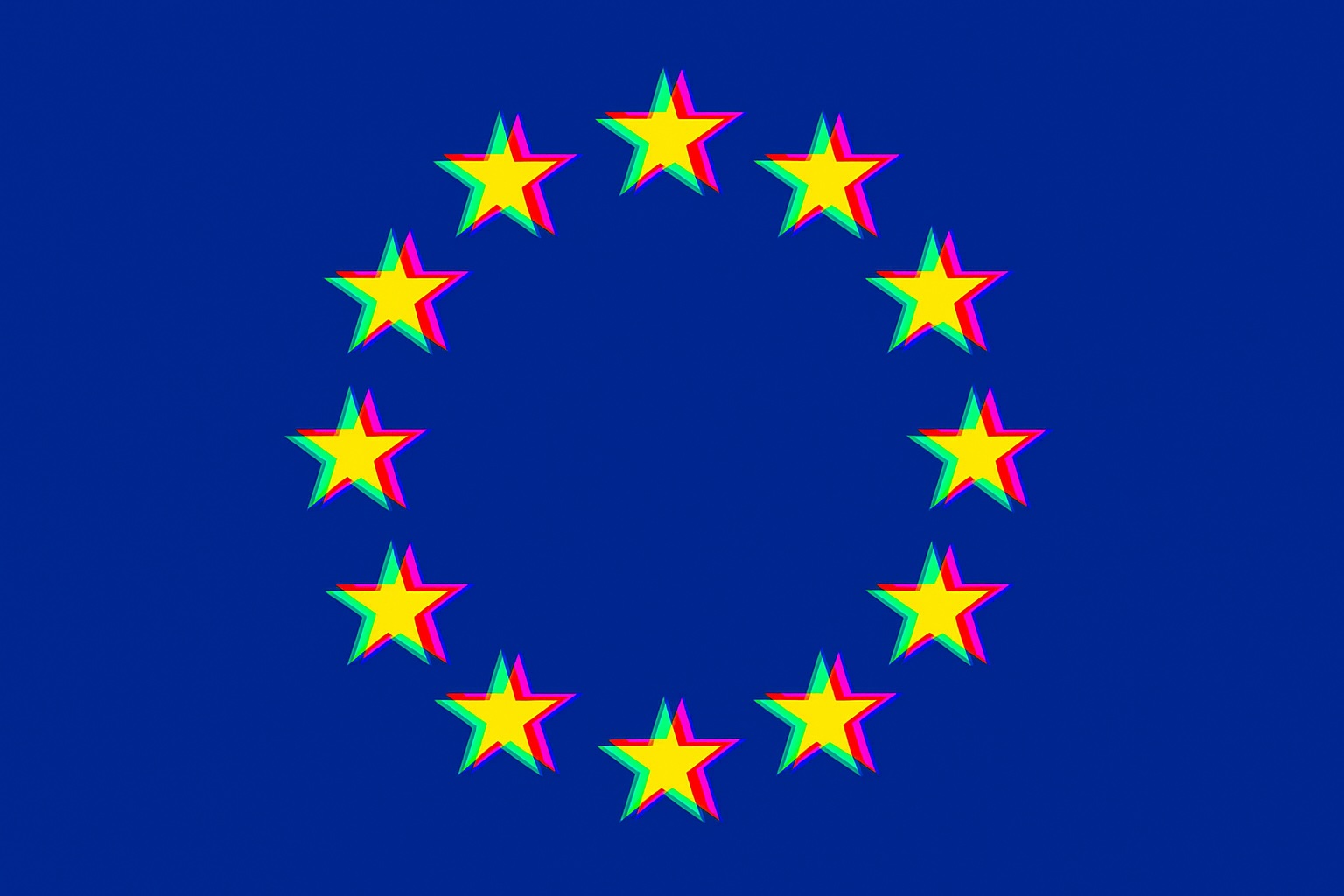The EU plans a new AI strategy to cut its reliance on US and Chinese technology

Key Points
- The EU is preparing a new AI approach aimed at reducing its reliance on technology from the US and China, while supporting homegrown solutions across healthcare, defense, and industry.
- Governments will play a central role in driving the uptake of scalable, reusable European generative AI systems, with one billion euros set aside from current funding programs to support this effort.
- A key priority is to cut external dependencies in AI infrastructure, especially for security and military needs, by developing European command and control tools and "sovereign frontier models" for space defense.
Brussels is preparing to launch a new AI strategy aimed at strengthening Europe's digital independence and reducing its reliance on the US and China.
According to a Financial Times report, the "Apply AI Strategy" is designed to build up European AI platforms and speed up their adoption in sectors like healthcare, defense, and industry.
The plan, set to be announced Tuesday by EU Commissioner for Technological Sovereignty Henna Virkkunen, frames artificial intelligence as more than just a productivity tool. The EU wants AI to become a "strategic asset" deeply integrated into its institutions, industry, and security policy.
A key part of the strategy is supporting scalable, reusable generative AI solutions developed in Europe, with a focus on open source. The EU plans to use demand from public agencies to drive broader adoption of these technologies and help European startups grow. To fund the program, the European Commission is allocating 1 billion euros from existing funding. The initiative also aims to accelerate AI adoption in sensitive areas like healthcare and manufacturing.
Building Europe's AI autonomy
Another top priority is cutting "external dependencies of the AI stack"—that is, Europe's current reliance on outside tech infrastructure for operating, training, and managing AI systems. The Commission warns that these dependencies "can be weaponized" by state and non-state actors, posing risks to supply chains.
Geopolitical tensions are fueling these concerns. Donald Trump's return to the US presidency has renewed doubts in Europe about the reliability of the US as a partner, while China's growing influence in AI is seen as a threat to Europe's ability to shape the technology's future.
Defense is another focus. European militaries still rely heavily on US technology for AI-driven command and control (C2) systems in NATO operations. The Commission wants to "accelerate the development and deployment of European AI-enabled" C2 capabilities and specifically promote "sovereign frontier models" for AI in areas like space defense.
AI News Without the Hype – Curated by Humans
As a THE DECODER subscriber, you get ad-free reading, our weekly AI newsletter, the exclusive "AI Radar" Frontier Report 6× per year, access to comments, and our complete archive.
Subscribe now